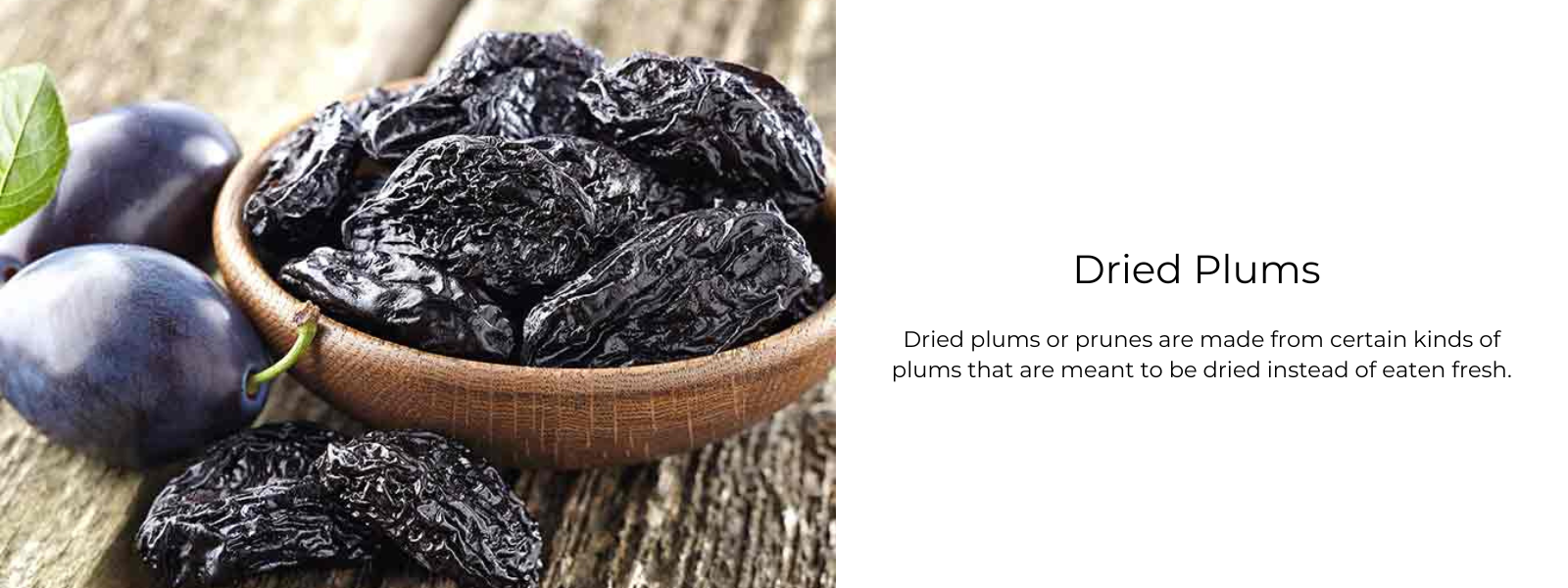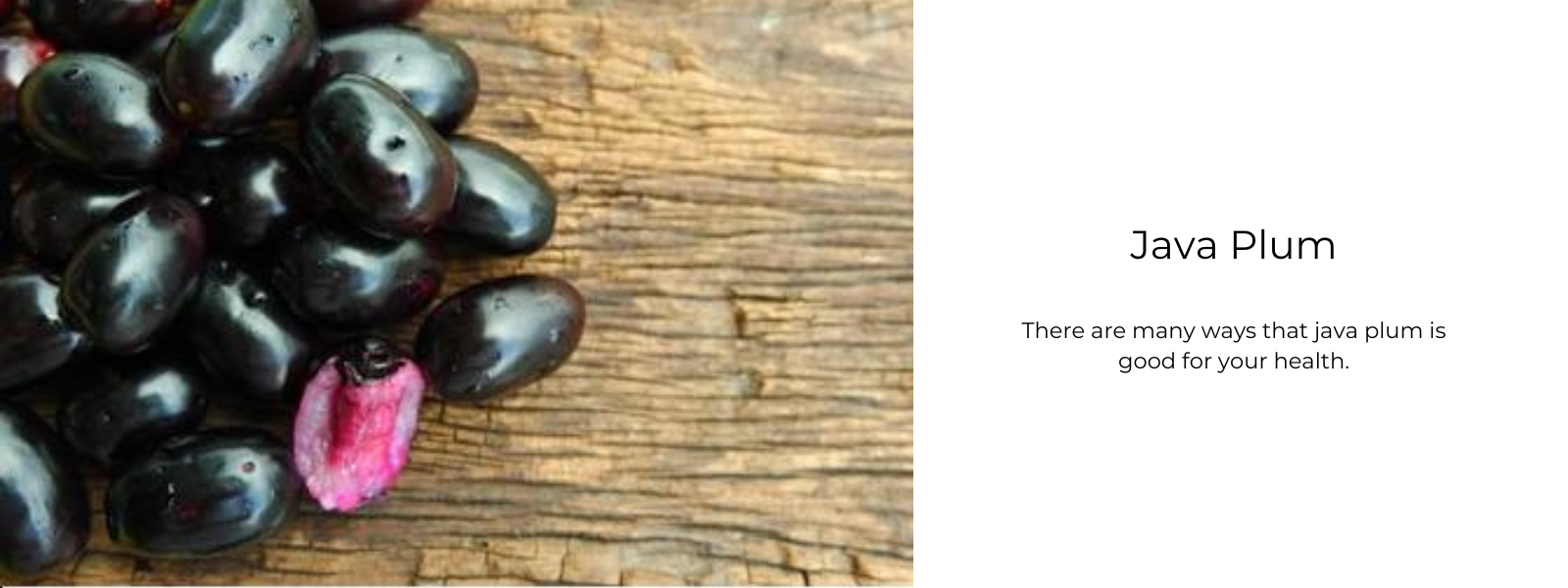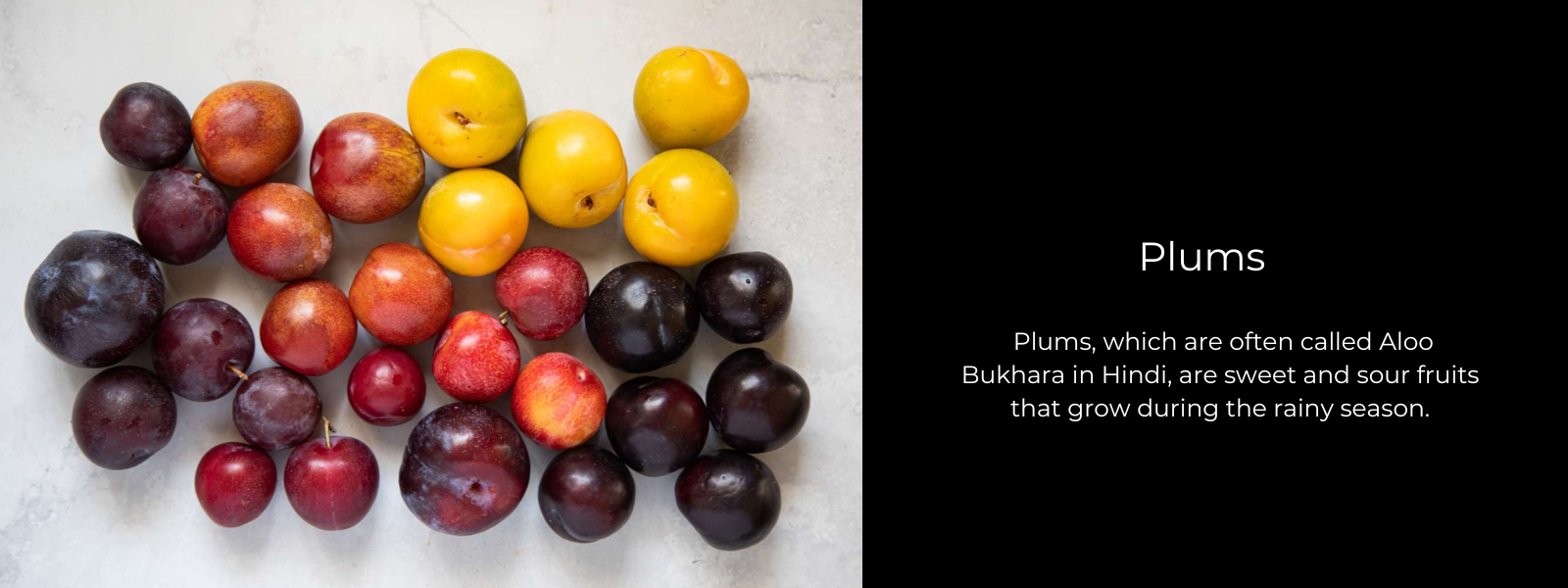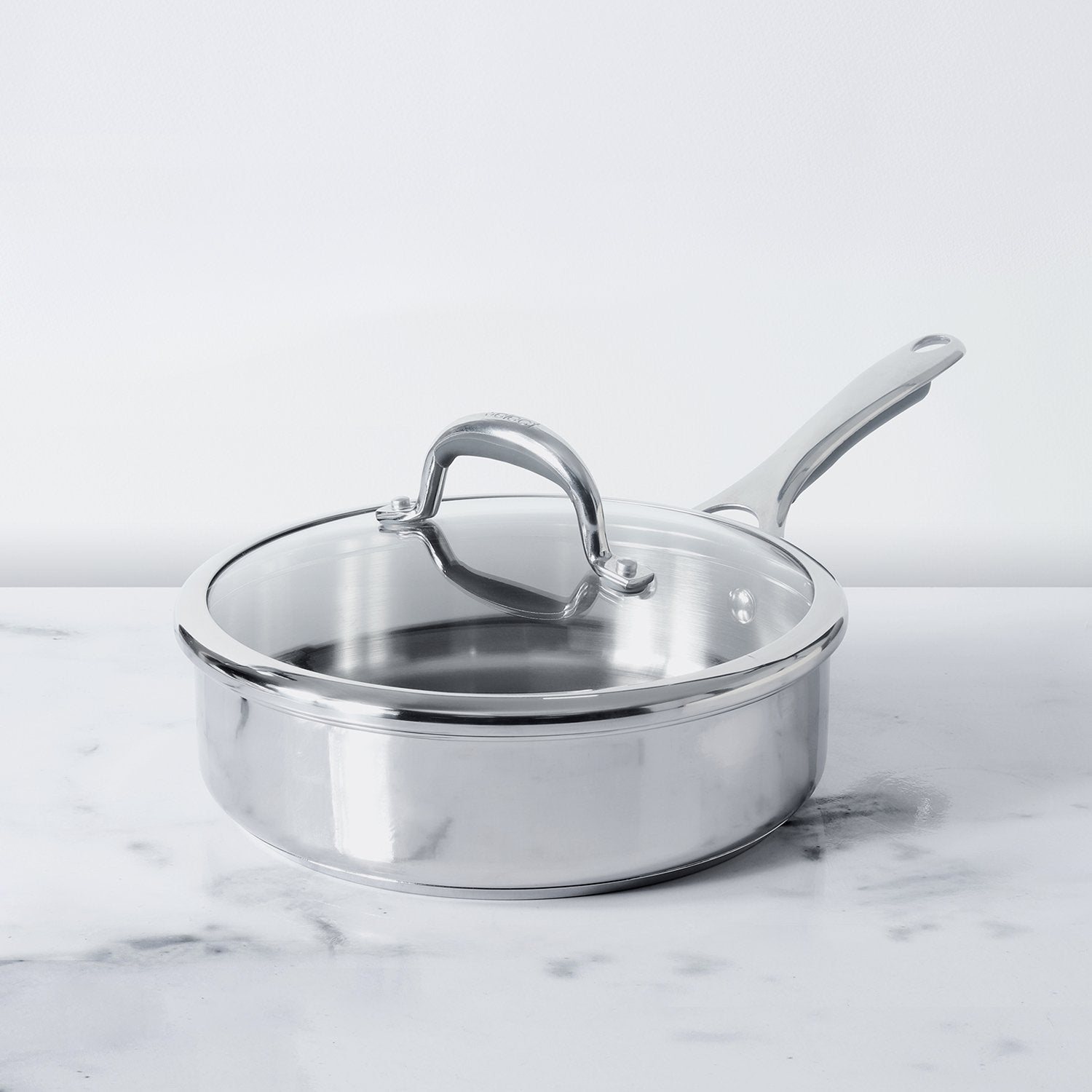Plums, with their juicy flesh and vibrant hues ranging from deep purple to golden yellow, are a delightful and nutritious fruit enjoyed by many around the world. These stone fruits are not only delicious but also packed with essential nutrients and powerful antioxidants. Known for their sweet yet slightly tart flavor, plums are a versatile fruit that can be used in a variety of culinary applications. This guide will explore whether plums are rich in antioxidants, their specific health benefits, various ways to use them, and some popular plum recipes that showcase their versatility and taste.
Table of Contents
Are Plums Rich in Antioxidants?
Yes, plums are rich in antioxidants. They contain a variety of these beneficial compounds, including vitamin C, vitamin E, and various polyphenols such as anthocyanins and quercetin. The high antioxidant content in plums helps to neutralize free radicals in the body, thereby preventing cellular damage and reducing the risk of chronic diseases. The deep color of plums, especially in purple and red varieties, is indicative of their high anthocyanin content, which is a potent antioxidant.
Plums’ Antioxidant Health Benefits
- Heart Health: The antioxidants in plums, such as anthocyanins and quercetin, help reduce inflammation, lower blood pressure, and improve cholesterol levels. These effects are crucial for maintaining heart health and reducing the risk of cardiovascular diseases.
- Bone Health: Plums contain nutrients like vitamin K and potassium, which are essential for maintaining bone health. Regular consumption of plums can help improve bone density and reduce the risk of osteoporosis.
- Digestive Health: Plums are high in dietary fiber, particularly in the form of soluble fiber, which promotes healthy digestion and regular bowel movements. Fiber also supports a healthy gut microbiome and can aid in weight management by providing a feeling of fullness.
- Anti-Cancer Properties: The antioxidants in plums help neutralize free radicals, reducing the risk of certain types of cancer. Polyphenols in plums have been shown to inhibit the growth of cancer cells and reduce inflammation.
- Cognitive Function: The antioxidants in plums support brain health by protecting brain cells from oxidative damage. This can enhance memory, improve cognitive function, and potentially reduce the risk of neurodegenerative diseases like Alzheimer's.
- Skin Health: The high vitamin C content in plums supports collagen production, which is essential for maintaining healthy and youthful skin. Antioxidants also help protect the skin from damage caused by UV radiation and environmental pollutants.
Ways to Use Plums
Plums are incredibly versatile and can be enjoyed in numerous delicious ways:
- Fresh Snacks: Enjoy plums fresh and whole as a quick and healthy snack.
- Smoothies: Blend plums with yogurt, bananas, and other fruits for a refreshing smoothie.
- Salads: Add sliced plums to green salads or grain bowls for a sweet and tangy addition.
- Desserts: Use plums in pies, tarts, crisps, and crumbles for a delightful dessert.
- Sauces and Chutneys: Make homemade plum sauce or chutney to enjoy with meats, cheeses, or as a condiment.
- Baking: Incorporate plums into muffins, scones, and cakes for added moisture and flavor.
- Preserves: Make plum jam or preserves to enjoy on toast, pancakes, or as a topping for yogurt.
Are Plums a Superfood?
Yes, plums can be considered a superfood due to their high nutrient density and numerous health benefits. They are an excellent source of vitamins C and K, fiber, and various antioxidants while being low in calories. The combination of essential nutrients and antioxidants contributes to their powerful health-promoting properties, making plums a valuable addition to any diet. Their ability to support heart health, bone health, digestive health, and cognitive function, along with their anti-cancer and skin health benefits, solidifies their status as a superfood.
Popular Plum Recipes
Here are a few popular recipes that highlight the deliciousness of plums:
- Plum Smoothie:
- Ingredients: 2 ripe plums (pitted), 1 banana, 1/2 cup Greek yogurt, 1/2 cup almond milk, 1 tablespoon honey or maple syrup (optional).
- Instructions: Blend all ingredients until smooth and enjoy immediately.
- Plum Tart:
- Ingredients: 1 pie crust, 4-5 ripe plums (sliced), 1/4 cup sugar, 1 tablespoon flour, 1 teaspoon ground cinnamon.
- Instructions: Preheat oven to 375°F (190°C). Roll out the pie crust and place it in a tart pan. Arrange the plum slices on the crust. Mix sugar, flour, and cinnamon, then sprinkle over the plums. Bake for 35-40 minutes until the crust is golden brown.
- Plum Crisp:
- Ingredients: 4 cups sliced plums, 1/2 cup rolled oats, 1/2 cup flour, 1/2 cup brown sugar, 1/4 cup butter, 1 teaspoon ground cinnamon.
- Instructions: Preheat oven to 350°F (175°C). Place plums in a baking dish. Combine oats, flour, brown sugar, and cinnamon; cut in butter until the mixture is crumbly. Sprinkle over plums. Bake for 30-35 minutes until topping is golden and plums are tender.
- Plum Jam:
- Ingredients: 4 cups chopped plums, 2 cups sugar, 1 tablespoon lemon juice.
- Instructions: In a saucepan, combine plums, sugar, and lemon juice. Cook over medium heat, stirring frequently, until the mixture thickens. Pour into sterilized jars and seal.
Conclusion
Plums are not only a delicious and versatile fruit but also a powerhouse of nutrients and antioxidants. Their impressive health benefits, including heart health support, bone health improvement, digestive health enhancement, cancer prevention, cognitive function support, and skin health promotion, make them a valuable addition to any diet. As a versatile fruit, plums can be enjoyed in numerous ways, from fresh snacks to smoothies and baked goods. Their high nutrient density and significant antioxidant content qualify them as a superfood, making them an excellent choice for those looking to improve their overall health. Enjoy the juicy flavor and health benefits of plums through a variety of delicious recipes and dietary inclusions.











Leave a comment